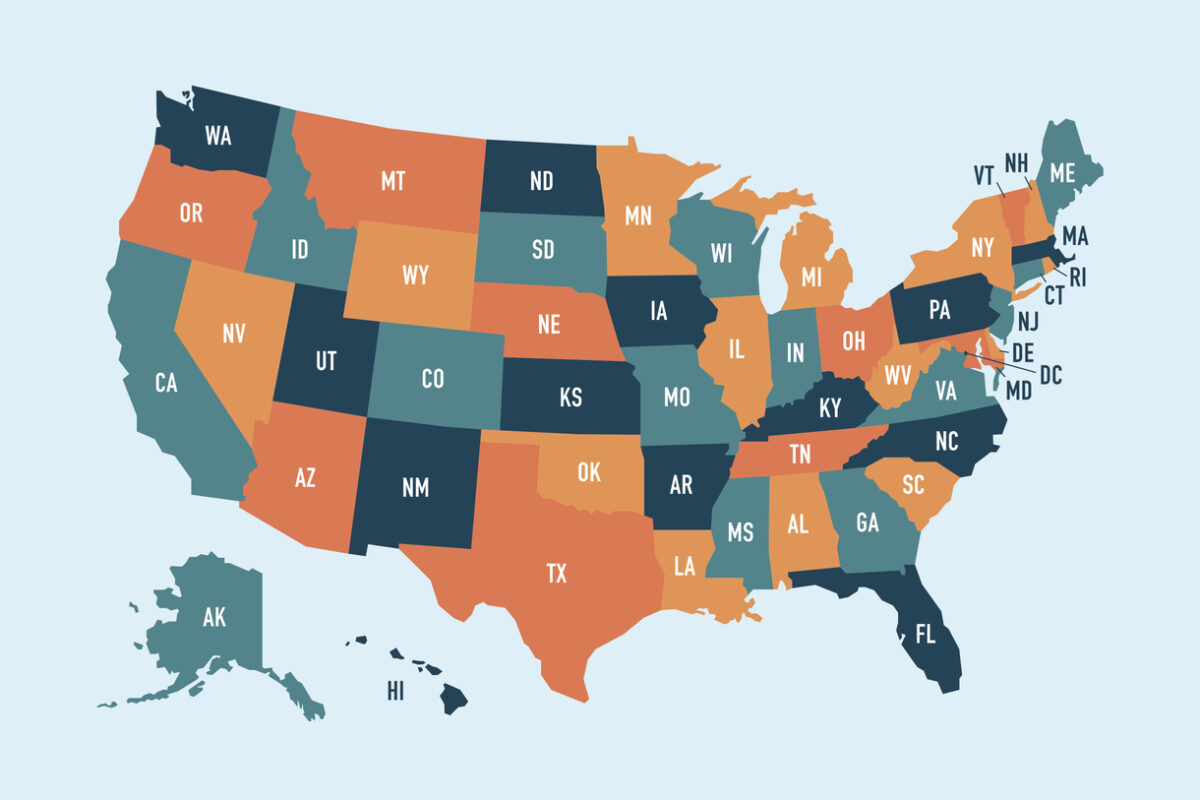Reaping the Benefits
Published May 15, 2014
Washington, D.C., April 8, 1998—A new report indicates that the benefits of a college education are more extensive and significant than generally recognized, with far-reaching impacts on our lives.
Higher education does far more than generate better jobs and salaries, according to the study, promoting a wide range of socioeconomic gains for both individuals and society involving health, crime, life expectancy, quality of life, civic responsibility, and public and private economic status.
"Reaping The Benefits: Defining the Public and Private Value of Going to College" documents a variety of benefits, many of which were better known or understood in the past. The report proposes to broaden the more recent one-dimensional view of college by the public, media, and policymakers as a vehicle only for employment and financial gain.
These wide-ranging benefits, the study says, highlight the need to sustain a high level of commitment to higher education. The report warns that reduced investment may lead to growing social and economic disparities, increased public expenditures on social welfare programs, and loss of competitiveness, among other problems.
The study was conducted by The Institute for Higher Education Policy, a non-profit research group in Washington, DC, and sponsored by the Ford Foundation and The Education Resources Institute in Boston. The study is the first of a series under a multi-year project, "The New Millennium Project on Higher Education Costs, Pricing, and Productivity."
The study finds that higher education benefits include:
- Public social benefits: reduced crime rates; higher voter participation (30% higher); more social cohesion and appreciation of diversity or social "connectedness"; greater ability to adapt to technology; and more charitable giving and volunteerism.
- Private social benefits: longer life expectancy and better general health (increased exercise, less smoking, more leisure activities); improved quality of life for college graduates’ children (higher cognitive levels and educational attainment); better consumer decision making; and improved personal status.
- Public economic benefits: higher contributions to tax revenues; greater productivity (generating nearly all of the productivity increase within the last two decades); higher consumption; and reduced reliance on government financial support (Food Stamps, Medicaid, AFDC, etc.)
- Private economic benefits: higher lifetime and average salaries (some 73% more) for those who have gone to college; higher employment rates and greater job consistency; higher savings levels; improved working conditions and mobility.
"This report," stated Jamie Merisotis, President of The Institute for Higher Education Policy, "reexamines fundamental questions about the public and private value of college that have been missing from the public dialogue in recent years. The narrow focus on money and jobs as the primary outcomes of college distorts the broad value that we all derive from college education." "Focusing on these core benefits of going to college," Merisotis added, "is important as we move forward in this project and consider new ideas about who pays for college, and how."
In addition to broadening the national conversations about the benefits of going to college, the study also recommends establishing a central source or clearinghouse to evaluate regularly higher education benefits while generating annual reports to raise awareness about these vital results.
The multi-year New Millennium Project also will include additional, upcoming reports and papers covering: trends over the last few decades in higher education financing and management (updating and expanding on the groundbreaking work of the Carnegie Commission on Higher Education in the early 1970s); the effectiveness of student financial aid; distinctions between costs and prices; best practices in cost measurement and management; and other topics. The New Millennium Project also will convene a wide array of experts and leading edge thinkers in education, industry, and government in a number of seminars and conferences.


